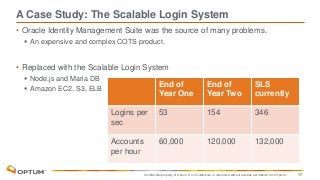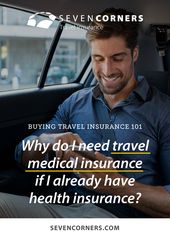
RV insurance is necessary. RV insurance protects your investment and is required by law. Although the costs can be high, you should find a policy that suits your needs. RV insurance is basically a combination of auto and homeowners insurance. It's not possible to get the same coverage as a regular automobile insurance policy. However, it's worthwhile to have some protection in place for any damage to your RV.
Both Class A & B
There are many kinds of insurance for campers. Class A and B RVs need a unique type of coverage. Price of a policy is dependent on many factors. You can choose to have liability coverage, but it is a requirement by the state.
Classes C
Campers insurance is a necessity in most U.S. states, as well as some Canadian provinces. The specific insurance coverage requirements will vary by state, so it is important to understand all the details before you purchase a policy. The cost of RV insurance is usually less than a typical car insurance premium, but the amount you pay depends on the type of RV you own.

Class D
When considering a campers insurance for Class D RV policy, consider several factors. These factors can impact the cost and coverage. The RV model will determine the cost of coverage. A Class A motorhome is typically more expensive than a Class B model due to its more electrical and motorized parts. Insurance coverage will also be determined by the driver, as well as their driving record. Premiums will be lower for people with good driving records.
Classes E
Campers insurance is available in a number of different levels for Class E RVs. The most basic level covers only the cash value of your vehicle. Depreciation is also included. This level of protection provides the smallest amount of coverage but has the highest premiums.
Class H
Campers insurance is essential when renting or buying an RV. This insurance can be purchased directly through the rental company or through an intermediary insurance provider. Rental insurance is typically not covered by credit cards that offer primary insurance. It is therefore important to think about this when purchasing or renting an RV. There are also different insurance requirements for different types of RVs.
Classes I and II
The insurance coverage you have is an essential part of RV ownership. The costs of insurance depend on many factors, including your state's crime rate and population density. Always shop around to find the best rates and coverage options. Multi-policy holders may be eligible for discounts by many providers. You may be eligible for a discount if your RV insurance is combined with renters insurance or life insurance. Bundling your policy reduces the stress associated with dealing directly with each company.

Class IX
If you plan on using your motor home as your primary residence then Campers insurance will be required. This policy will cover your motorhome in case it is stolen, damaged, or destroyed. You can purchase additional coverage to cover any other structures that may be attached to your RV.